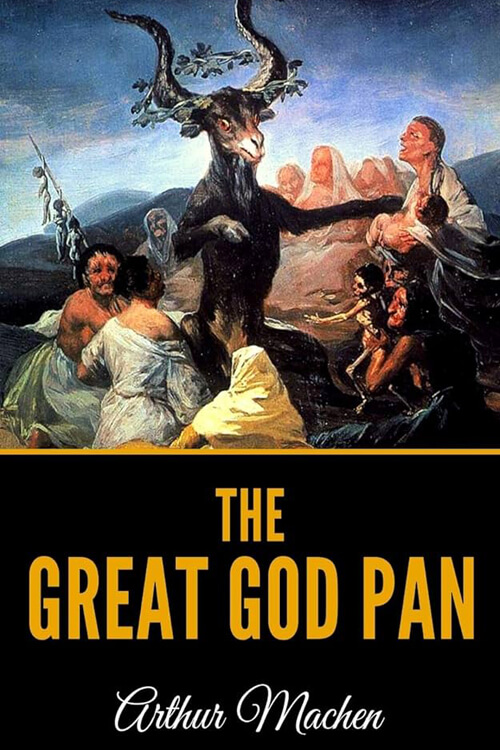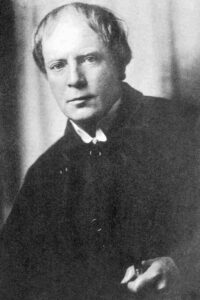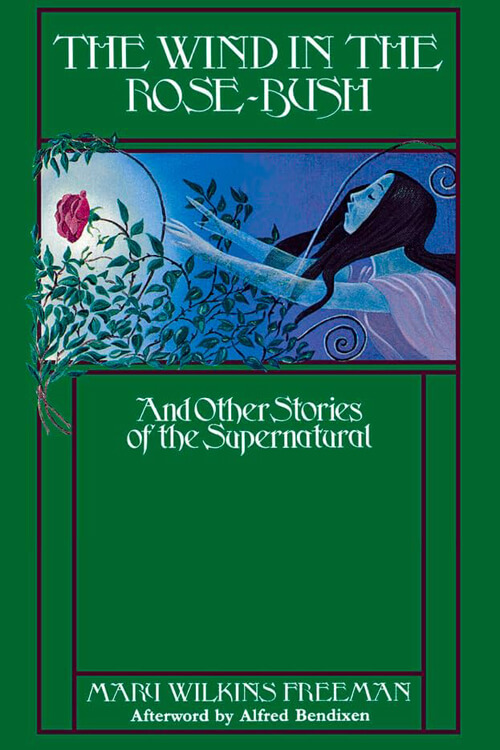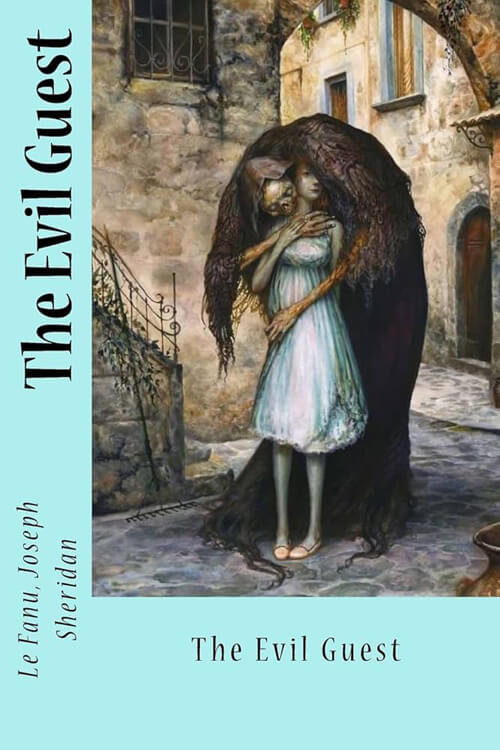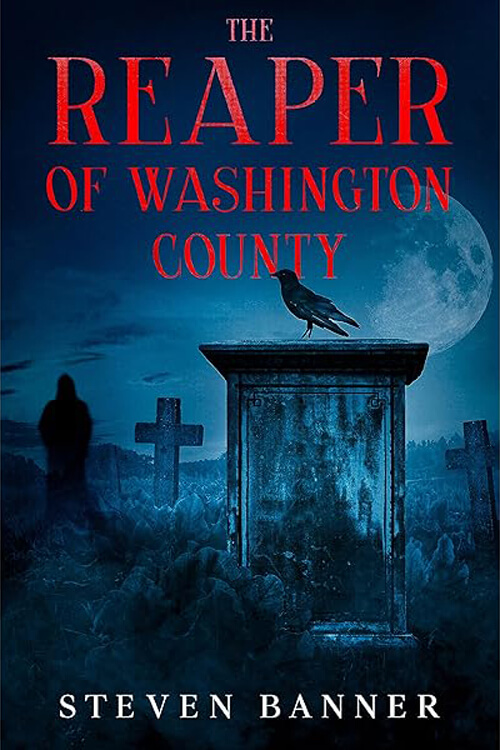
The Great God Pan
Clarke somewhat unwillingly agrees to witness a strange experiment by his friend, Dr. Raymond. The doctor’s ultimate goal is to open a patient’s mind so that she may experience the spiritual world, an experience he notes the ancients called “seeing the great god Pan.” He performs the experiment, which involves minor brain surgery, on a young woman named Mary. She awakens from the operation awed and terrified but quickly becomes “a hopeless idiot.” Years later, Clarke learns of a beautiful but sinister girl named Helen Vaughan, who is reported to have caused a series of mysterious happenings in her town. She spends much of her time in the woods near her house and takes other children on prolonged twilight rambles in the countryside that disturb the town’s parents.
One day, a young boy stumbles across her, “playing on the grass with a ‘strange naked man'”; the boy becomes hysterical and later becomes permanently feeble-minded after seeing a Roman statue of a satyr’s head. Helen also forms an unusually close friendship with a neighbour, Rachel, whom she leads several times into the woods. On one occasion, Rachel returns home distraught, half-naked and rambling. Shortly after an explanation to her mother that is unrevealed to the reader but instils great revulsion in Clarke, Rachel returns to the woods and disappears forever. Clarke relates these events in Memoirs to Prove the Existence of the Devil. Years later, Villiers encounters his old friend Herbert, who has become a vagrant since they last met. When asked how he has fallen so low, Herbert replies that he has been “corrupted body and soul” by his wife. After some investigation with Clarke and another character, Austin, it is revealed that Helen was Herbert’s wife and that a well-to-do man died “of fright, of sheer, awful terror” after seeing something in Herbert and Helen’s home. Herbert is later found dead.
Read or download Book
Arthur Machen
Arthur Machen (3 March 1863 – 15 December 1947) was the pen-name of Arthur Llewellyn Jones, a Welsh author and mystic of the 1890s and early 20th century.
Biography.
He is best known for his influential supernatural, fantasy, and horror fiction. His novella The Great God Pan (1890; 1894) has garnered a reputation as a classic of horror, with Stephen King describing it as “Maybe the best [horror story] in the English language.” He is also well known for “The Bowmen,” a short story widely read as fact, creating the legend of the Angels of Mons. Machen was born Arthur Llewelyn Jones in Caerleon, Monmouthshire. The house of his birth, opposite the Olde Bull Inn in The Square at Caerleon, is adjacent to today’s Priory Hotel, marked with a commemorative blue plaque. The beautiful landscape of Monmouthshire (which he usually referred to by the name of the medieval Welsh kingdom, Gwent), with its associations with Celtic, Roman, and medieval history, made a powerful impression on him, and his love of it is at the heart of many of his works. Machen was descended from a long line of clergymen, the family originating in Carmarthenshire.
In 1864, when Machen was two, his father, John Edward Jones, became vicar of the parish of Llanddewi Fach with Llandegveth, about five miles north of Caerleon, and Machen was brought up at the rectory there. Jones had adopted his wife’s maiden name, Machen, to inherit a legacy, legally becoming “Jones-Machen”; his son was baptized under that name and later used a shortened version of his full name, Arthur Machen, as a pen name. Local historian and folklorist Fred Hando traces Machen’s interest in the occult to a volume of Household Words in his father’s rectory library, in which he read a captivating article on alchemy at the age of eight. Hando recounts Machen’s other early reading: He bought De Quincey’s Confessions of an English Opium-Eater at Pontypool Road Railway Station, The Arabian Nights at Hereford Railway Station, and borrowed Don Quixote from Mrs Gwyn, of Llanfrechfa Rectory. In his father’s library, he also found the Waverley Novels, a three-volume edition of the Glossary of Gothic Architecture, and an early volume of Tennyson.

